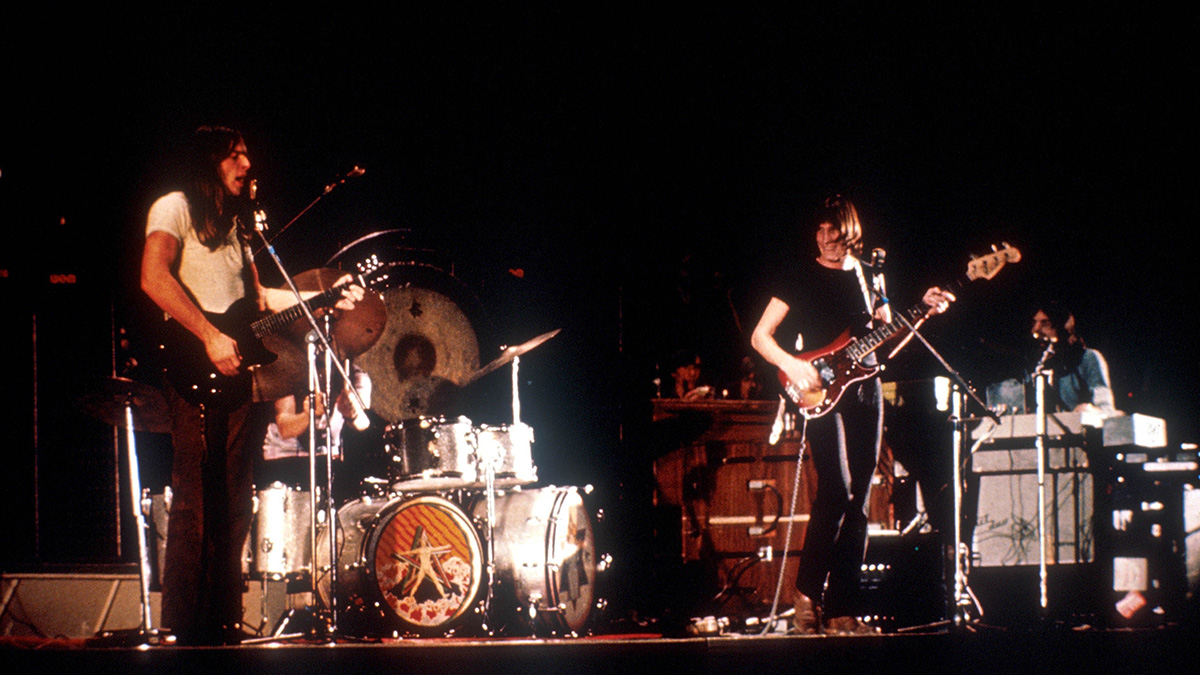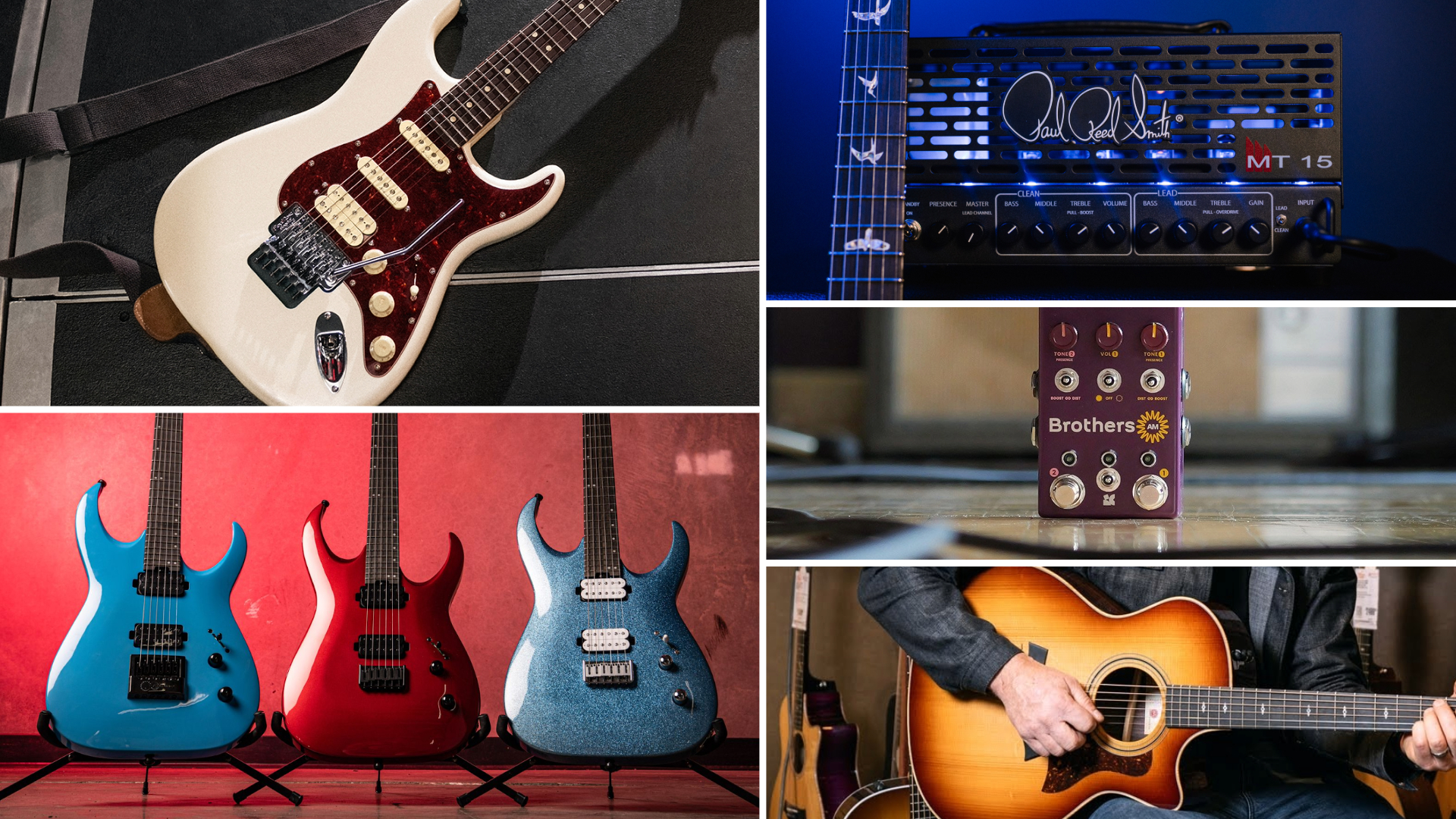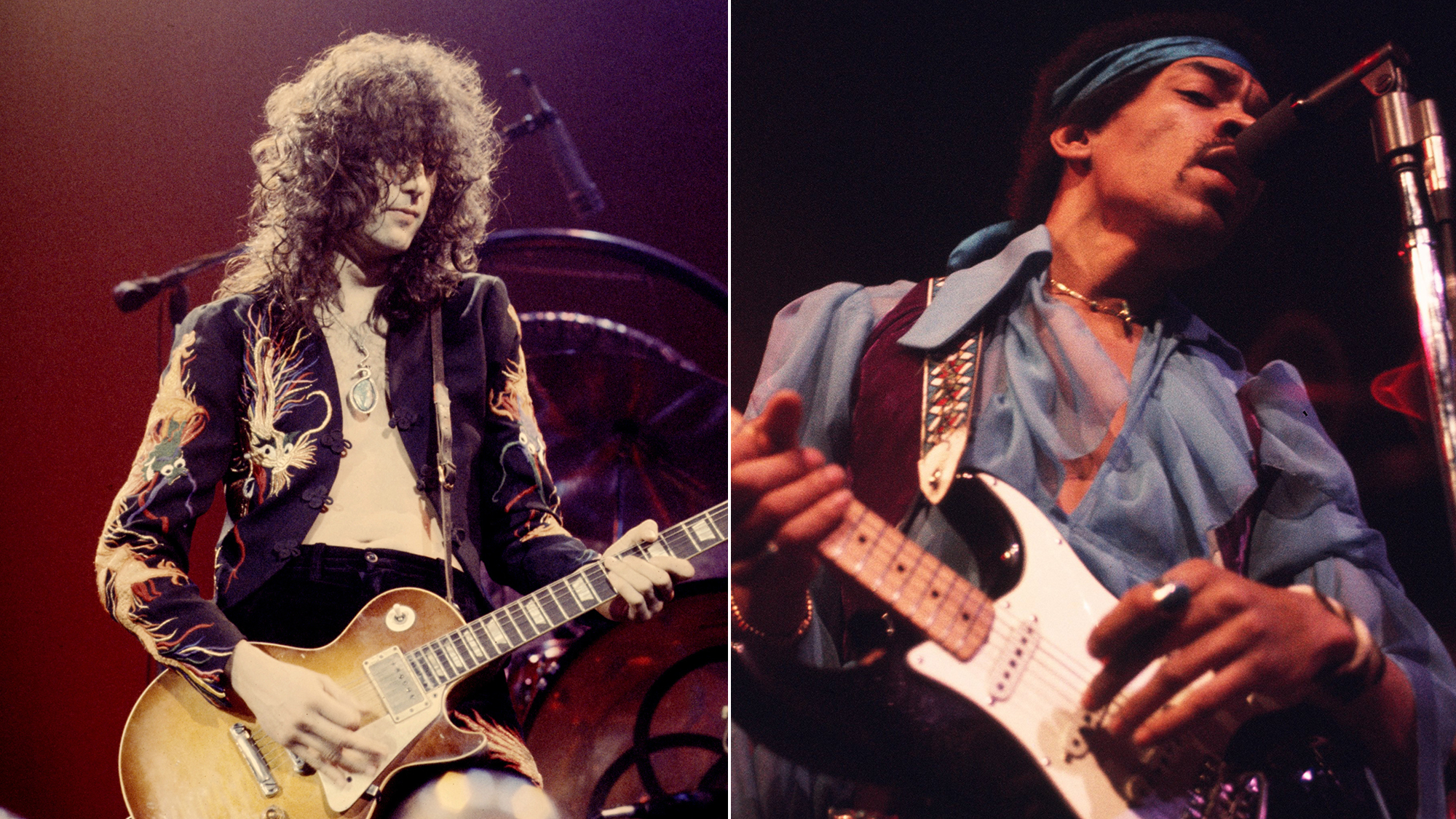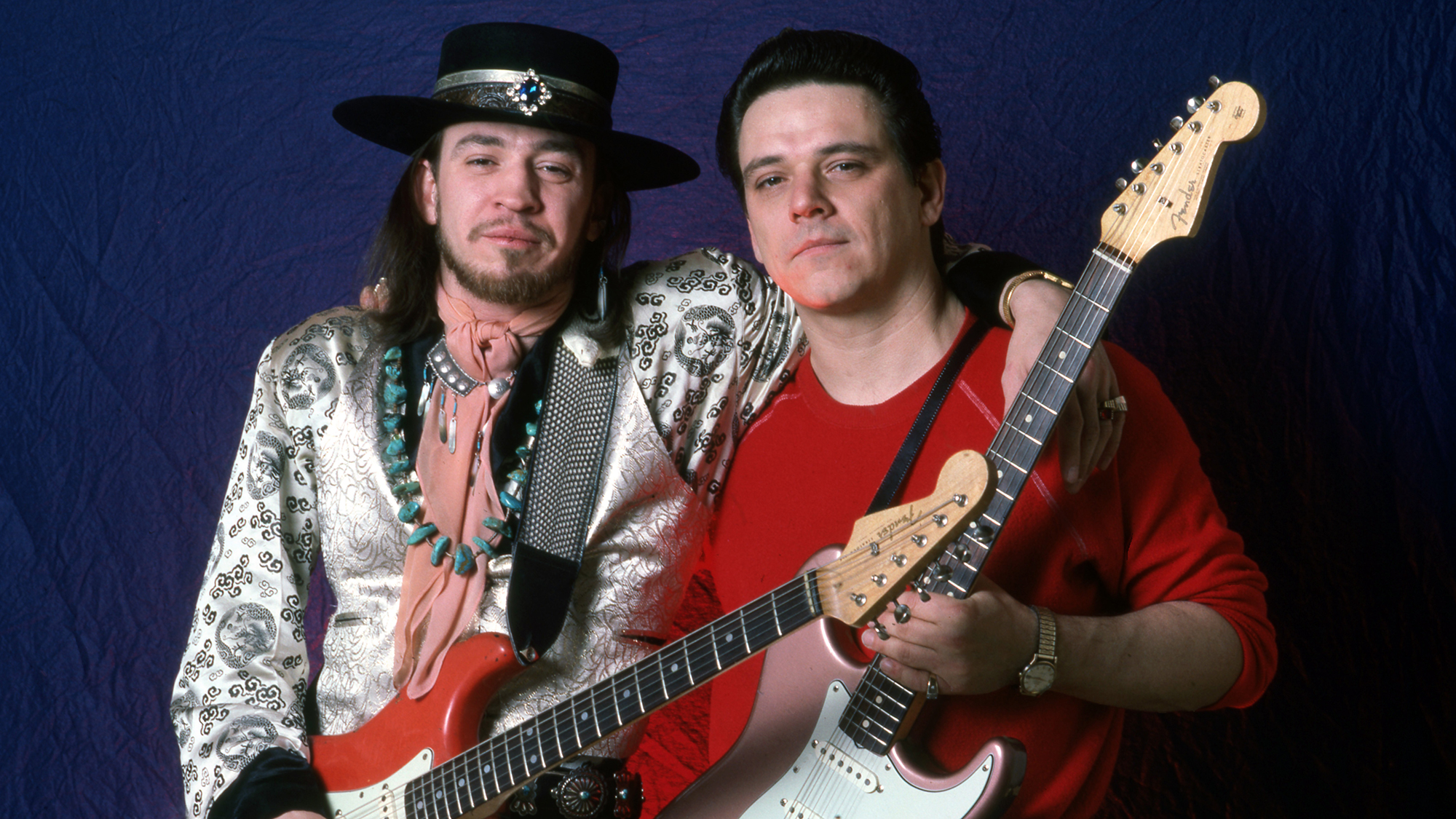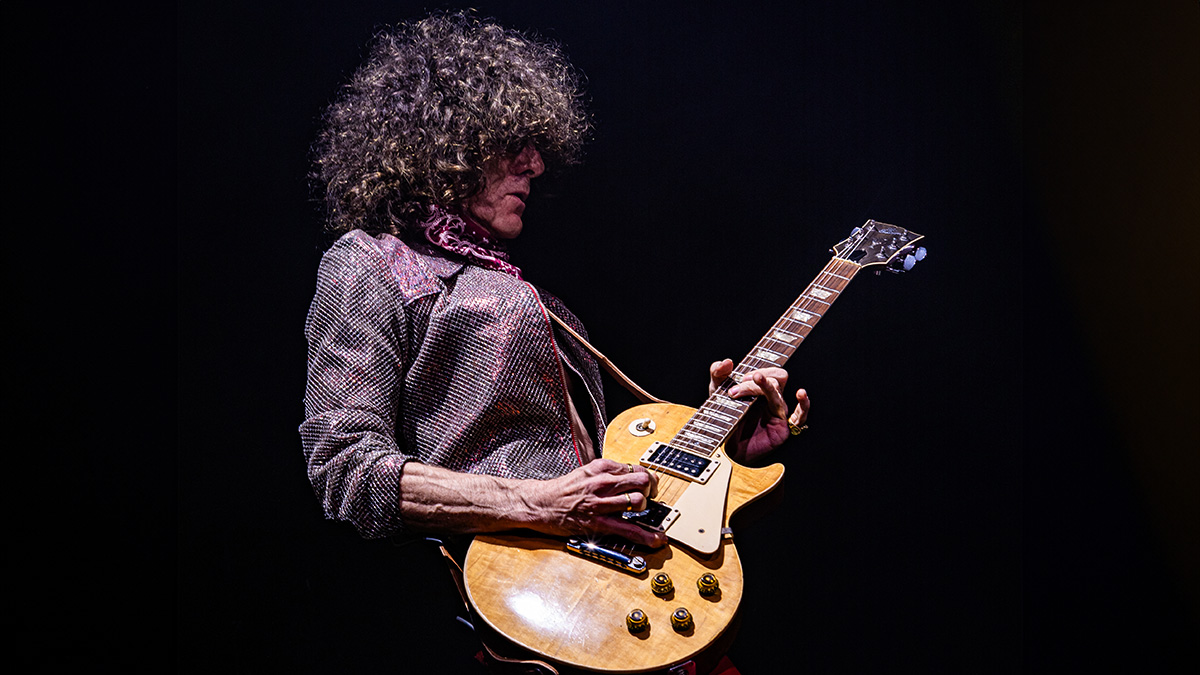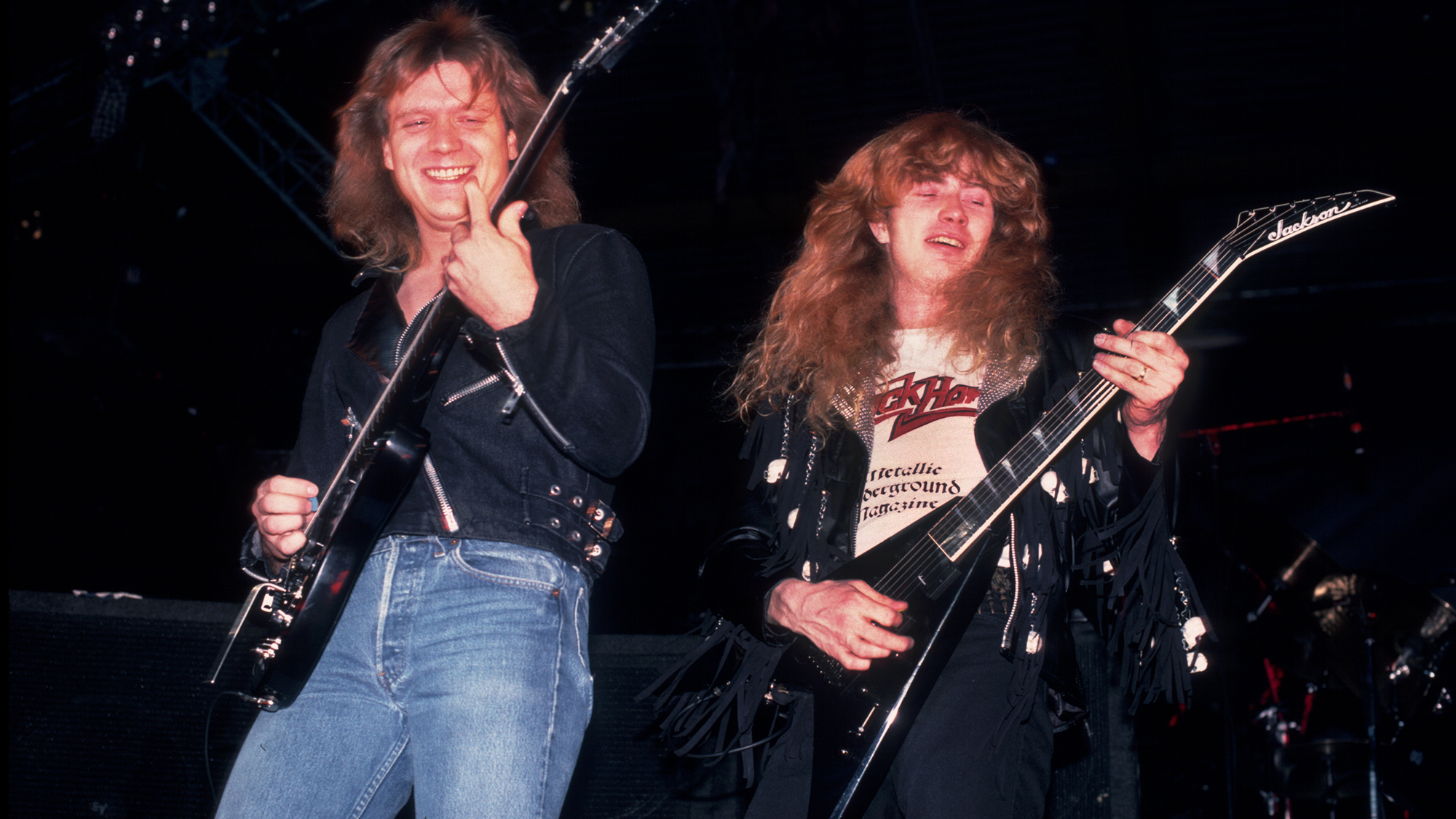Research by Fender suggests women buy guitars online because they “aren't treated well” in shops
CEO Andy Mooney reflects on how data collected when he joined the company in 2015 has shaped the company's business strategy ever since
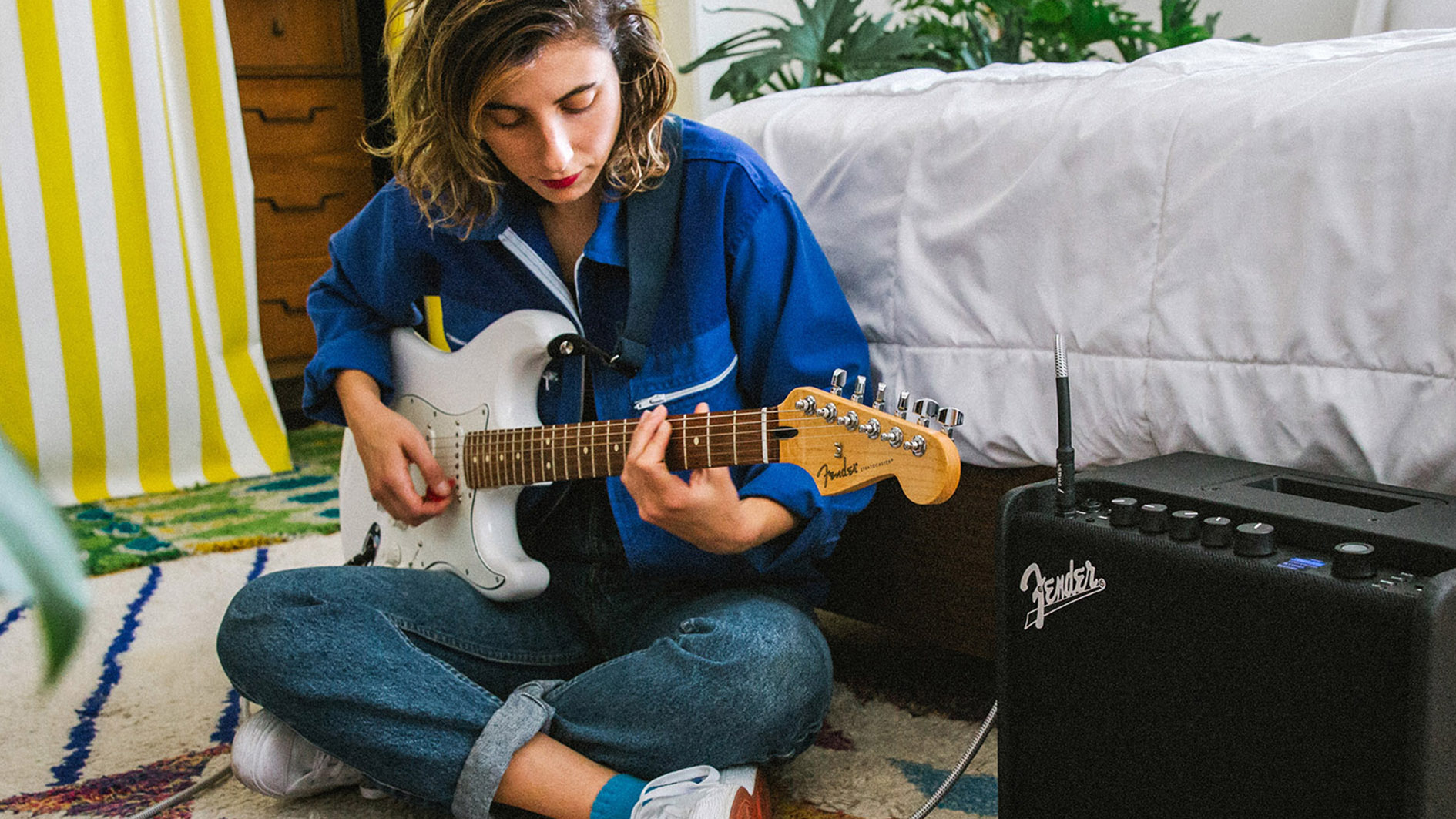
Fender CEO Andy Mooney has shared a series of intriguing insights found by the company as a result of research conducted after he joined in 2015, which has helped dictate the brand’s roadmap for the past several years.
One, he tells Entrepreneur in a new interview, was that women were more often buying guitars online “because in the bricks-and-mortar stores there was nobody to relate to, and they weren’t getting treated well”.
More data pertaining to the habits of women guitarists showed that 50 percent of new players were women – which Mooney says was a “complete shocker to the company” – and that women were predominantly buying acoustic guitars.
Mooney says the research was conducted after he asked employees when he joined: “Who’s buying our guitars?”
“Everybody had an opinion, but nobody had any data,” he recalls. “So we gathered it, and out of that came five insights that guide everything we've done since.”
He continues: “All of those insights influenced our marketing, our Artist signature series – and it essentially created [online guitar lessons platform] Fender Play.”
The latter came in part after Fender discovered that 45 percent of the guitars it sold went to first-time players, and of those first-time players, there was a 90 percent abandonment rate.
Get The Pick Newsletter
All the latest guitar news, interviews, lessons, reviews, deals and more, direct to your inbox!
But despite Fender’s findings regarding the guitar-buying habits of women, a study earlier this year found that female and non-binary artists make up less than six percent of the signature electric guitar market.
The study – conducted by Find My Guitar – showed that of a selection of 226 signature electric guitars currently on the market, only 13 belong to female and non-binary artists, while 213 belong to male guitar players.
It also noted that out of the 30 signature guitars it currently offers, Fender only has three models from female and non-binary players in its roster: the Chrissie Hynde Telecaster, H.E.R.’s Chrome Glow Stratocaster and Tash Sultana’s HSS-configured Strat.

That said, gender equality in the guitar industry has improved – but more needs to be done.
Justin Norvell, Executive Vice President of Product at Fender, told Guitar World earlier this month that signature models enhance product innovation, and help the guitar evolve to meet the needs of all players.
“Signature models are interesting, because they can speak to generational demographics – whether it’s Jimi Hendrix or something from the '60s that’s classic rock to something very today,” he explains. “It can speak to genre. So, people see a blues artist and think that’s their thing, or they see a punk rock artist and get interested in the product.”
He continued: “If you look back through our marketing campaign, even over the last five years or so, you’ll see we’ve featured at least one female artist in every campaign that we’ve run.
“We don’t box different people – they’re guitar players. They’re musicians. And it’s the same thing that drives everybody equally.”
Sam was Staff Writer at GuitarWorld.com from 2019 to 2023, and also created content for Total Guitar, Guitarist and Guitar Player. He has well over 15 years of guitar playing under his belt, as well as a degree in Music Technology (Mixing and Mastering). He's a metalhead through and through, but has a thorough appreciation for all genres of music. In his spare time, Sam creates point-of-view guitar lesson videos on YouTube under the name Sightline Guitar.
“These measures threaten the economic and cultural impact of U.S.-made musical instruments”: NAMM president responds to Trump's tariffs – urgently urging the administration to exempt the musical instrument market
Stevie Ray Vaughan, Simple Minds, Megadeth, the Cult and the class of 1985 – only in the new Guitar World




